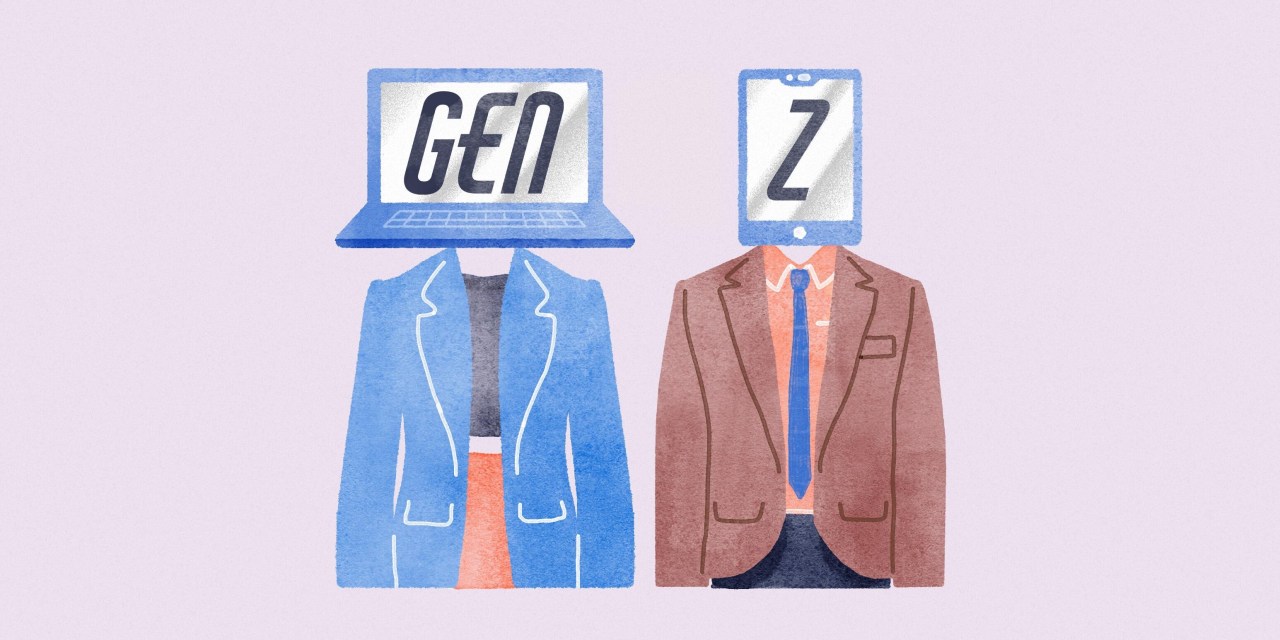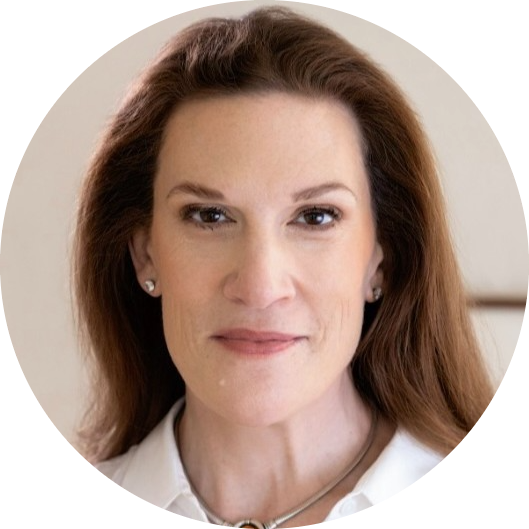Anxiety is damaging Gen Z at work – here’s how to manage it constructively

Anxiety is a productivity killer. And it’s pervading workplaces.
One in three Americans are affected by anxiety at work, while some 284 million people suffer from it globally, making it the world’s most common mental health issue. Combined with depression, it leads to missed work, and lost productivity costing the U.S. economy over $47 billion per year, according to a November 2022 Gallup poll.
The tumultuous events of the last few years, have only heightened this further. “It’s a natural human emotion, said Morra Aarons-Mele, author of The Anxious Achiever. “If you talk to anybody in the last three years of incredibly scary change and uncertainty, that makes us anxious. We carry that. It’s in the air. People bring their own anxieties to work, and then work makes us anxious,” she added.
One of the most damaging ways anxiety can spill into the workplace is when people micromanage others. Maddening as micromanagers can be to their direct reports, it’s a behavior born from anxiety, which manifests as a need to control, stressed Aarons-Mele, a self-identified “extremely anxious overachiever.” The first step in rectifying this is acknowledging whether you’re becoming a micromanager, she added.
Dr. Sarah Bateup, a therapist and chief clinical officer at employee mental well-being platform Oliva, says that anxiety can cause us to behave in ways that jar with our values. For example, a manager might want to be a really good, helpful person, but if they feel anxious they can come across as overbearing. “Anxiety pushes us to behave in a way that isn’t helpful and usually means either overcompensating or avoiding doing something,” added Bateup.
But mental health experts believe it is vital managers get a grip on their own anxiety because they’re often in charge of teams of people who are statistically more prone to anxiety: Gen Z.
While it’s true that everyone deals with anxiety, it’s an identifier for Gen Zers. Most (90%) Gen Zers say they feel nervous, anxious and stressed at least some of the time and 59% say they feel nervous, anxious and stressed more than half of the time or all of the time, which is twice as high as Gen X (30%) and three times higher than Boomers (21%), according to corporate wellness platform Calm Business’ 2023 Workplace Mental Health Trends report.
Part of that is down to the fact that younger generations entered the workforce either during or after the pandemic, and haven’t experienced in-office working culture.
“It was hard enough for people who were very established in their careers to make the full switch to remote work, but for people who were just starting out in the workforce, they don’t have that experience behind them like, ‘what are the social norms in the workplace?, how do people do things?’,” said Deborah Southgate, a personal change coach. “If you’re working at home, you don’t get any of that context anymore.”
Southgate, who works with Gen Z clients, says their “situational” anxiety at work can be crippling. For example, feeling nervous ahead of a presentation is natural, but many Gen Zers feel anxious just saying hi at the start of a Zoom call.
“One of my clients said she found it so anxiety-inducing that she pretended to have a technical issue so that she didn’t have to say anything on the call,” said Southgate. “Even those specific situations can be extremely anxiety-inducing.”
Paula Allen, global leader and senior vp of research and total well-being at health tech provider Telus Health, agrees anxiety holds people back at work. “When you think about anxiety, it actually locks a part of your brain,” said Allen. “You’re not able to be as creative or collaborative. You’re less likely to want to be with other people and you are also more sensitive to stress. All of these things are not helpful for the workplace.”
With Gen Z experiencing such acute anxiety in particular, that can damage their creativity, ability to collaborate and connect, which could slow career growth. “Everyone is in a similar boat,” said Allen. “It’s an entire cohort, so you’re not going to be separated from your cohort in terms of your career path, but it is still a big deal. It’s something that is impacting us as a society.”
How to harness anxiety constructively
On the flip side, Aarons-Mele argues that if harnessed constructively, anxiety can be a powerful growth tool, building leadership strengths like greater vision, empathy, and sensitivity.
Data shows that anxious people process threats differently, using regions of the brain responsible for action. People who are anxious react quickly in the face of danger and may be accustomed to uncomfortable feelings. If managers could intentionally channel their anxiety in a thoughtful way, it could lead to more resourceful, productive, and creative teams, stressed Aarons-Mele.
“The illusion of control feels really good when you’re anxious,” said Aarons-Mele. “When we’re anxious, it’s because we feel worried about an outcome. We don’t know what’s going to happen, and we think it might be really negative. When we put guardrails of control around a situation it makes us less anxious.”
Anxiety at work can be caused by numerous factors. A person may be worried about layoffs, or be new in a job, or feel pressure to over-perform. In an attempt to control their anxiety, they may take perfectionism to an extreme and take on tasks that they should delegate to other team members.
“These are all anxiety reactions that show up so frequently as work,” said Aarons-Mele. “They have negative downstream and upstream effects.”
Naturally, there is no silver bullet that will make you a less anxious leader overnight. It’s a process. However, the first step is for individuals to identify when their anxiety spikes and what it might be connected to.
“Tune into your body throughout the day,” said Aarons-Mele. “I can’t tell you how many people I speak with who are saying that their body aches. We might feel nauseous, or our heart is racing. Why are we feeling that way? Try to start noticing it. You really have to check in with yourself.”
Doing so might then mean a manager can then resist letting their anxiety spill into micromanaging. “It’s really important, especially if you’re a manager, because your job as a manager is to help set up conditions for your teammates to thrive,” said Aarons-Mele. “If your anxiety is so profound that it’s affecting how you work a lot, then it’s affecting the people that work with you.”
The happier manager, the happier the team.
Being open and transparent about it could also be helpful. If a manager discloses that they suffer from it, or have even been clinically diagnosed with anxiety, it may help team members understand how to respond better as well. For example, they could check in to remind a manager they’re on track with their deliverables. And if an individual doesn’t feel comfortable sharing their struggle with anxiety, outlining their workflow could be beneficial for both parties.
“That’s why I’m always asking leaders to be more open about their own mental health,” said Aarons-Mele. “People in power have to acknowledge their own mental health struggles.”


